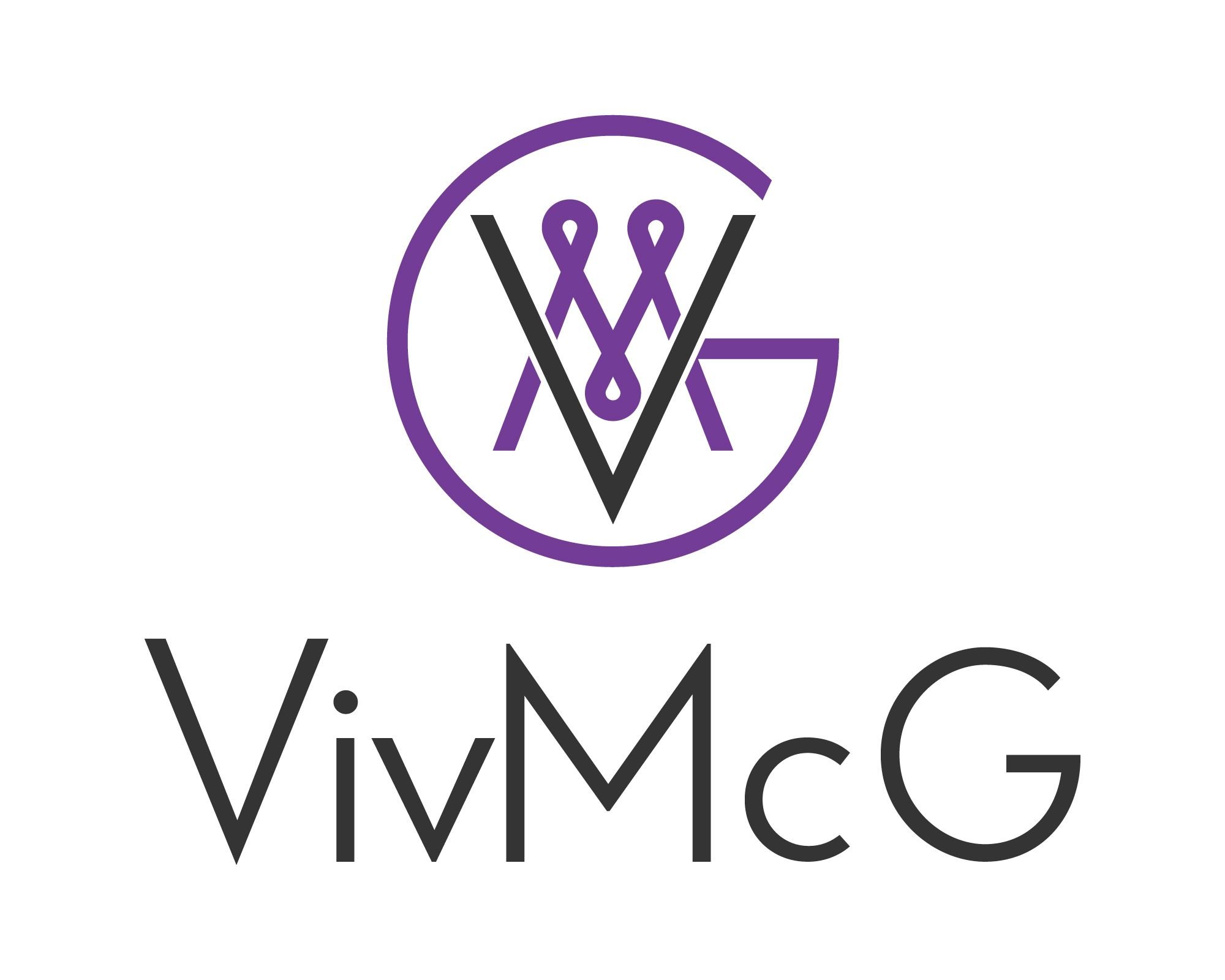how to make a habit of gratitude

Is gratitude a habit?
Why should you view your gratitude practice in the same way as you would view creating a new habit?
Read on to find out...
We all have good and bad habits in our life. However, have you ever noticed how seemingly easy it is to create a bad habit and how challenging it is to stick to a good habit?
Why is that?
According to Psychology Today, "bad habits are formed easily primarily because they are rapidly reinforced", whereas good habits tend to be reinforced much later. For example, think of the bad habit of procrastination which instantly spares you from both making effort and taking risk. Compare that with the good habit of being proactive and taking action; it may take a few days, or more, for the rewards to be reinforced and realised. And what about the perceived bad habit of spending versus the perceived good habit of saving? Spending brings with it instant gratification and a rush of positive emotions whereas saving is something we only experience rewards from much further down the line, usually years. Even though the immediate rewards experienced as a result of bad habits tend to be smaller, to our brain the immediacy is more important than the type or magnitude of the reward.
Therefore, we struggle to create good habits we are biologically created to repeat behaviours based on their immediate rewards, be they physical, social, or emotional.
Good habits such as creating a daily gratitude practice are challenging because there are no instant rewards. You don't instantly see or experience the positive difference that gratitude will offer you, rather it can takes weeks, if not months. That's why so many people, even though they understand the benefits of making gratitude a daily habit, simply find they permanently fall off the bandwagon after a few days or even weeks.
To help make a good habit stick, you need to create instant gratifcation and rewards that can be linked directly to it. These can be either external rewards or internal rewards.
Examples of external rewards for a gratitude practice might include things like:
- keeping a journal that you can watch fill up as you write your daily gratitude
- make gratitude a social thing by joining and sharing in a gratitude group online or in person
- Reward yourself for achieving daily or weekly milestones eg rewarding yourself for devoting more time to your practice, for sitting down each day at the same time to practice
Whilst such external rewards provide instant gratification and immediate feel-good factor, it is deemed that internal rewards may be even more important if you wish to achieve long-term success and make gratitude, like any other positive habit, part of your life.
Two examples of internal rewards that are used by many successful people are:
- positive self-talk such as reminding yourself immediately after your gratitude practice just how good you feel as a result
- visualisation eg visualising how gratitude will positively change your life over the long-term
Now you know a bit more about the science of habit-making, how do you make sure a habit, such as daily graitude, sticks?
There are a number of tips and tricks that will help you stick with a good habit over the long-term, rather than seeking out the instand gratification of a bad habit.
Remember your why
No matter what you wish to accomplish or do in life, you should always start with 'why'. Why do you want to do this? Your 'why' gives you a reason, a purpose, a goal. It acts as your compass as you walk your gratitude journey, giving you direction and bringing you back on track on days where you may wander off-course. It will help you get through the challenging days and push past self-doubt as it acts as a reminder of why you chose to walk this journey, thus driving your motivation. Writing down your 'why' when it comes to creating a daily gratitude practice, gives you something to look back on, to refresh your memory and enthusiasm. It gives you something concrete to turn to when things aren't going to plan or running on schedule. It acts as a motivator to hop back on the bandwagon when you fall off.
Routine first, habit later
Most people think the habit is a routine and vice versa. However, there is a subtle difference. A habit is something that is performed with next to no thought. A routine, however, is something that is performed regularly, repeatedly, frequently, and intentionally. Like all habits, it's important that your gratitude practice becomes a routine first. However, routines don't come easily. It takes effort, commitment and determination to turn something into a routine task because, often, routines don't start off as something easy. More often than not you have to make room in your already busy schedule for them and that might mean getting up a little earlier than usual, for example, to practice your gratitude before the rest of your family wakens and you get carried away with answering their needs and demands. When your gratitude practice has become a habit, you'll know because your mindset will shift from looking at it as something you need to do each day to something you feel bad about not doing, should you forget to do or choose not to do it that day.
Schedule it in
This is something we'll practise in Week 13 of Start Monday with Gratitude. However, it does no harm in mentioning it here already. Whilst this year is designed to change your mindset so everything that happens you in any day, you automatically express gratitude for and expressing gratitude becomes a habit that comes baturally, it is also important to also have a formal daily gratitude practice where you can purposely sit for a chosen amount of time and focus solely on gratitude. To ensure you spend time every day dedicated to and focus on your gratitude practice, and don't miss out days, it's easiest to schedule it into your day. Simply make a meeting with yourself in your calendar and show yourself respect by adhering to that meeting, just as you would a metting with anyone else. And also find the same time that works for every day (or nearly every day) as that adds consistency - our minds are partial to a bit of consistency.
Combine it with another habit
If you want something to become habitual, adding it onto something that's already habitual will make it a lot easier. According to experts, this is one of the best ways to form a new habit. So, for example, if you sit down to a quiet morning coffee every morning after the family have left home, add your gratitude practice onto this habit. Now rather than simply enjoying a quiet coffee, you can enjoy a quiet coffee whilst writing in your gratitude journal. Look at your daily patterns and see where there's room to add gratitude onto the back of another daily habit and, also, where it makes sense to add on gratitude to that habit. For example, you clean your teeth every day, but tagging your practice of writing in your journal immediately after your teeth may feel that the two habits are too disjointed, too different to work together.
Make it effortless
If you choose to write in your gratitude journal without any kind of routine or set place to do it, you could find youself wasting minutes searching for your journal and then running out of time and not being able to do your gratitude practice. Instead, make writing in your gratitude journal effortless. When you do your gratitude practice at the same time in the same space every day, leave your journal and pen there so it's sitting waiting for you when you move into that space when it's time for you to practise gratitude. Researchers have shown it is easier to create a habit when all obstacles are moved out of the way.
Be prepared for obstacles
Speaking of removing all known obstacles, it's important to realise that life does happen and things will and do get in the way. Look to the past to times when you fell off the gratitude bandwagon and work out what caused you to do so. What obstacle stood between you and gratitude those days you fell off the bandwagon? According to researcher, Ximena Vengoechea when you "familiarise yourself with your own blockers now, you can quickly identify and manage them when they arise later on, because they will". When you understand the blocks and obstacles, such as a busy schedule or lack of motivation, and find ways to address and tackle them, you'll be more capable of working round them the next time they appear.
Create accountability and support
Often when we want to incorporate something new in our lives, it's good to have an accountability buddy; someone who will check in on you to ensure you are sticking with your plan to incorporate your new habit of gratitude. So it's good to tell people around. However, whilst it's good to tell others, you also want to be selective with who you tell. Because you want people who will support you and cheer you on, not people who don't think gratitude, for example, is a positive lifechange or who will be more inclined to criticise than to celebrate you. Accountability buddies are people you want to have around you because they cheer you on from a positive standpoint, they make you want to keep going. So choose wisely.
Show yourself compassion
Whilst you may create a routine at a set time every day, whilst you may understand your obstacles and blocks and prepare yourself to address them when they arise again, whilst you may follow every tip here so you can create a habit out of gratitude, remember that there will be days when you do fall off the bandwagon. And when those days arise, the last thing you want to do is judge and berate yourself. Rather show yourself compassion and kindness and jump back on the bandwagon the next day. All long-term changes and habits take time. That's just how it is. There will be good days and there'll be not-so-good days. That's perfectly natural. Always remember, you are capable, you took that first step for a reason. Because, over the long term, you wanted and want your life to change.
Viv xx
